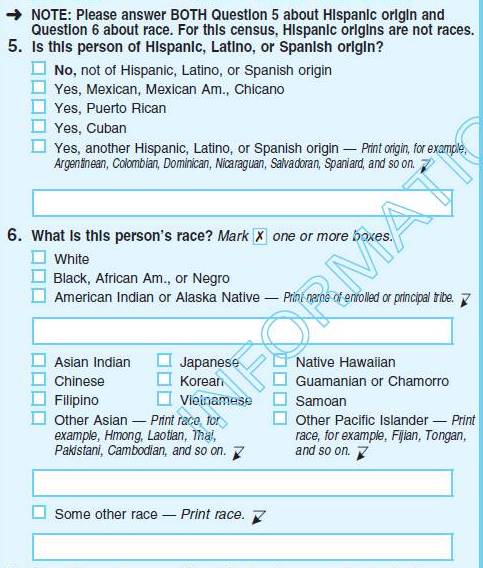Last month, the Trump administration made it clear that the 2020 census would include a question regarding citizenship. The administration claimed that the new citizenship question was added to make sure that key sections of the Voting Rights Act were being upheld. The block-by-block census data could identify communities under threat and the Justice Department, headed by Jeff Sessions, could keep an eye on those vulnerable communities. The administration argued that it was nothing for community or civil rights organizations to worry about.
The census is constitutionally mandated in order to ascertain the number of people living in the country. Using that information, representation can be apportioned, congressional districts can be drawn, federal funding can be issued, states can make long-term plans. But the census is important because it one of the ways that the state “sees.” That is, government officials at local, state, and national levels do not personally know every single constituent or person living in their district, city, state, or country. It is impossible for them to know something or anything about everybody, yet these officials must. In order for highly organized states to function, they must know key aspects about the populations they encompass. The census, a series of questions asking individuals to describe themselves and their families, is one of the many ways governments know their populations (others include social security numbers, driver’s licenses, birth certificates, death certificates, tax returns, etc.).
The data is supposed to be scientific, objective, calculated, and rational. It is supposed to be free from predominate prejudices and political calculations. However, this is not the case.
The 2010 census was the most accurate census in history. Yet, it still over-counted the white population in the United States and undercounted communities of color. Latinos were undercounted by 1.5 percent, while white Americans were over-counted by almost 1 percent. Effectively, an increasingly browner nation was made whiter.
This is the point of the Trump administration’s citizenship question: to make the nation whiter by fiat. The 2020 census will do the work that their policies cannot, return the nation to an imagined past in which there were fewer non-white people in the country—the time when America was “great,” as his slogan proclaimed. They want the census to be less accurate, that’s why they’re cutting the funding of the census and adding untested questions. They hope, through adding questions about citizenship—in combination with anti-immigrant rhetoric and public deportation efforts—that Latinos with unauthorized family members will not answer or return their forms.
Given the Trump administration’s anti-immigrant and particularly anti-Mexican and Latino rhetoric since 2015, many Latinos are likely to under-report. Nearly 1 in 4 Latino children born in the U.S. are born into mixed-status families and only about 1/3 of Latino families in the US are families in which all members are US citizens. As their fear of deportation increases, few mixed-status families will want to divulge information regarding their loved ones. Latinos’ lack of response will lead to a dramatic undercount of Latinos in the nation, which will statistically indicate a smaller Latino population.
Trump will point to this in 2020 as proof that his policies—calls for a wall, unleashed ICE agents, and anti-immigrant rhetoric—worked. The statistical erasure of brown bodies and Spanish surnames from the census is not insignificant. It is not a mere oversight. It is the intended consequence with the purpose of rendering Latinos socially invisible for at least 10 years.
Photo via Wiki Commons



Leave a Reply